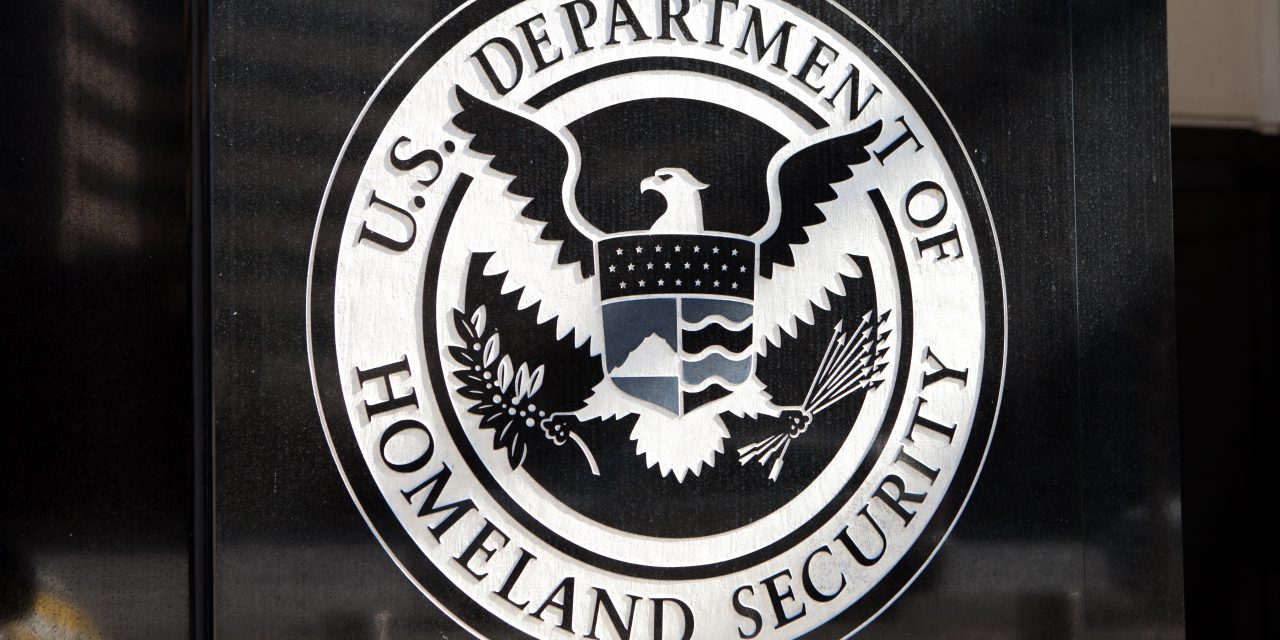The Department of Homeland Security (DHS) revealed new information this week about two asylum programs at the U.S.-Mexico border. These programs are under scrutiny because they make it almost impossible for attorneys to speak with or meet their clients in border holding facilities. This leads to rushed life-or-death legal screenings behind closed doors.
DHS began to test the programs in El Paso, Texas in December 2019. The programs subject vulnerable individuals—including families with young children—to the fast-track asylum review processes “Prompt Asylum Claim Review”(PACR) and “Humanitarian Asylum Review Process” (HARP).
The programs, which have been challenged in federal court by the ACLU and others, have been expanded to various parts of the border as of early February 2020.
The new information came in response to a letter from U.S. Congresswoman Veronica Escobar (TX) that demanded information about these programs. Multiple members of Congress joined Rep. Escobar in her letter, including Rep. Pramila Jayapal (WA) and 27 others.
DHS refused to answer Rep. Escobar’s detailed questions, citing pending litigation. But the agency did provide general information about the operation of both programs. DHS has not previously revealed this information:
- PACR applies to single adults and families from the Northern Triangle of Central America—and anywhere else—who are subject to the asylum transit ban.
- DHS reports that HARP applies only to Mexican families (not single adults).
These single adults and families are held by U.S. Customs and Border Protection (CBP) in holding facilities at the border. Attorneys are categorically barred from entering CBP facilities to meet with their clients in person and are unable to use other methods like phones or video teleconferencing. This means that attorneys are unable to meet with their clients or review physical evidence.
CBP facilities are not designed to hold individuals for long periods of time or sensitive populations including pregnant women, the sick and elderly, and young children. Volumes of evidence demonstrate substandard conditions in CBP facilities. Last year, multiple children died in CBP holding cells.
According to DHS, after non-citizens are provided with information about the asylum screening process, they are then “provided a list of free or low-cost legal services to which they can contact for legal assistance.”
Those subject to the PACR and HARP programs are also supposed to be given 24 hours with “access to a private setting” to call anyone of their choosing before the credible fear interview, the first step in the asylum process.
However, reports from the field suggest that because of the fast pace of interviews, people may be unable to access legal counsel in time. Attorneys have reported that non-citizens placed in these programs may only be afforded one phone call.
Some people use their one call to contact desperate family members anxious to know their whereabouts. This in effect waives their right to call an attorney and benefit from legal counsel before their credible fear interview.
Usually, individuals who have recently crossed the southern border and are seeking humanitarian relief get sent to a detention facility run by U.S. Immigration and Customs Enforcement (ICE). People typically have better access to phones in ICE detention centers and can meet with their attorneys in person.
People seeking asylum must have a meaningful opportunity to access an attorney before being forced to undergo a screening interview that may carry life-or-death consequences. Because the PACR and HARP programs make this impossible, they must be immediately halted.
FILED UNDER: Customs and Border Protection


